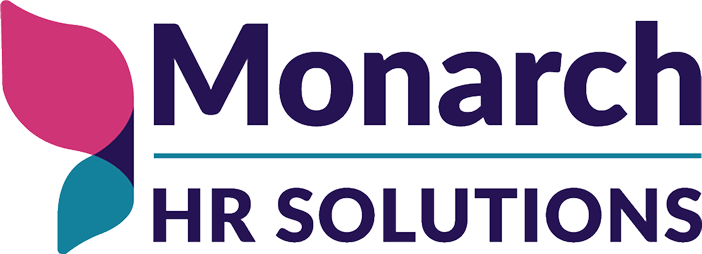By Kimberly Kafafian
Everywhere we look, businesses of all sizes, and across all industries and locations, are suffering from unprecedented turnover and struggling to attract new talent. With staggering resignation rates and an incredibly tight labor market we couldn’t have imagined two years ago, organizations are currently focusing efforts on cultivating the right culture. As HR Consultants, we work day in and day out with business owners and C-suite leaders to rethink the employee experience and create an employee-centric environment designed around our new work world. After all, research clearly demonstrates the strong connection between culture and engagement, as well as culture and recruitment. But in my experience, this strategy isn’t sufficient on its own to lessen the blows brought on by the mass exodus of workers. We need to get more creative when it comes to recruitment. And one out of the box strategy is to actively pursue retirees. This is something hospitals have been doing since the outbreak of the pandemic, which we think the business world could greatly benefit from emulating.
Today’s Retirees Are Not Idle Workers
You may be thinking to yourself, “Wait, don’t people retire because they wanted to stop working?” Well, yes, some do. Others, however, leave their careers to pursue something different. Or to become consultants. Or to start new businesses. Or to spend significant time volunteering. And some just simply change their minds! The point is many of today’s retirees remain active in the business world. And even of those who don’t, a good percentage would consider being active once again. In fact, a recent survey of retired workers by Resume Builder found that 34% of retirees have considered going back to work because of job opportunities available in the current labor shortage. So, considering this group definitely expands your talent pool.
Benefits of Hiring Retirees
Back in 2019, Josh Bersin and Tomas Chamorro-Premuzic wrote an insightful article titled The Case for Hiring Older Workers. While it was written to offer one solution to the number of job vacancies outnumbering job applicants at the time, I believe it’s extremely apropos for today’s environment. The authors wisely dismiss outdated misconceptions that being older means being “less capable, less able to adapt, or less willing to roll up your sleeves and do something new than your younger peers.” They aptly point out that many people, especially those that had long and meaningful careers, like to work, as it allows you to give back, network with friends, and do something with your intellectual energy. But even more importantly, the authors highlight the benefits organizations gain by hiring older, experienced workers.
Throughout my decades of work in the HR arena, I have engaged with workers across generations. I believe older workers and retirees can offer so much to an organization, such as:
- Vast knowledge and expertise that only comes from years of work experience
- Competence to be able to take on complex tasks or roles
- Maturity to recognize they have nothing to prove
- Ability to work well in a corporate setting
- Cognitive diversity, which can boost productivity and spark innovation
- Strong work ethic
- Enthusiasm – which can be contagious
While “returnships” typically relate to women returning to the workplace after substantial periods, some companies are using them to invite older workers to come back. With so many amazing benefits, I’m a strong proponent of “retiree returnship”. It will not only help fill current talent needs; it can also make the organization stronger overall.
Ensuring a Successful Returnship
For a retiree returnship to work as envisioned, companies need to create an environment where retirees want to work and where they can thrive. Here are a few suggestions:
- Be flexible in terms of schedule and remote work
- Help retirees adjust back into the workplace with a formalized training process as needed, i.e., new skill sets or technology
- Team retirees with other employees who can answer questions and provide support
- Offer opportunities for mentoring and reverse mentoring
- Promote your corporate culture and purpose in job postings so retirees can get excited about working for your organization
- Provide benefits retirees care about, such as dental plans, vision plans, and other perks
The tight labor market doesn’t show signs of easing any time soon. Recruiting retirees can help companies fill vacancies and build a stronger organization overall.

